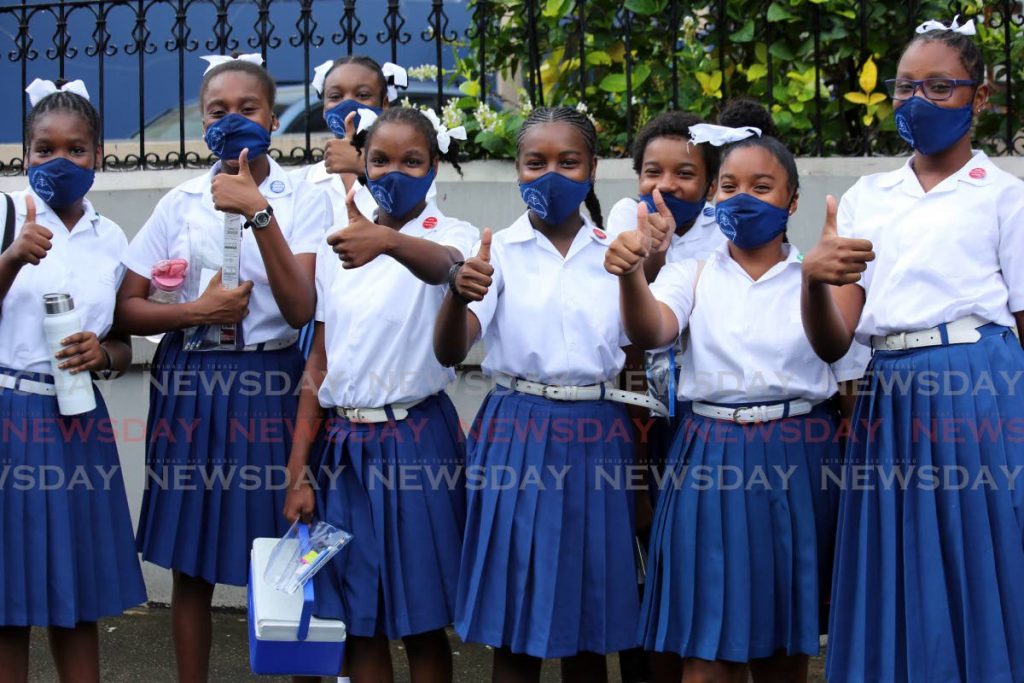Stakeholders discuss future of SEA

As students unwind after the SEA exam, teachers and other stakeholders continue to contemplate the future of the exam.
Primary school students sat the exam on Thursday after the SEA was delayed for over four months by stay-at-home measures implemented by the government to curb the spread of the covid19 virus in March. The exam was originally scheduled to take place on April 2.
The Secondary Entrance Exam was introduced in 2001, believed at the time to be a less stressful alternative the older Common Entrance exam.
President of the Primary School Principals Association Lance Mottley said while the association had not yet decided whether or not it would support the continuation of the SEA exam for future students, it would continue to discuss the issue.
In a phone interview with Newsday on Friday, Mottley said, "We believe whether the SEA is there or not, there needs to be some sort of continuous assessment from infant go up to Standard 5."
Mottley said the association needed to engage the new Ministry of Education on the topic.
“Of course that is not as important right now as discussions of online learning. That is more relevant.”
Mottley added there were mixed views on SEA among education stakeholders as well as the public.
If you remove the sea, how do you transition, what is the tool you will (use to) measure how students are placed? Unless we move to universal education where all students move up but that is a challenge because not all schools have places.”
He said more discussion was needed on the issue.
Contacted for comment on Friday, CEO of the Catholic School Board Sharon Mangroo said the purpose of the exam must be considered when looking at its future.
“Everybody would like to stop the stress of the exam,” she said.
"(But) SEA is a competition. We have an issue of demand and supply where the demand for certain schools is greater than the supply of spaces. We need to deal with that (first).”
Mangroo said it was time to look closely at why children are sent to school.
“Move the focus on schooling children to pass an exam and schooling children for self-development and for contribution to the development of their country.”
Mangroo also said should not fixate on only a few schools to send their children.
“The Ministry of Education needs to advertise to the public how well their schools are performing because the handful of schools in great demand are not the only schools that are performing.”
Mangroo said if a parent was assured a school in their community would give their child a good chance at life, they would choose to send their child to that school.
“There are schools doing outstandingly well apart from the denominational schools. The Catholic Board recognises the government produces students who are outstanding citizens, contributing to the economy (and) not only in the few schools everybody tries to get their children in.”
TTUTA President Antonia De Freitas said on Friday, although she could not definitively speak on the matter, the challenge was finding an alternative that was workable and suited the country's education system.
“Once we meet with the new ministers, I'm sure we will have further discussions with them and other stakeholders on that topic.”

Comments
"Stakeholders discuss future of SEA"